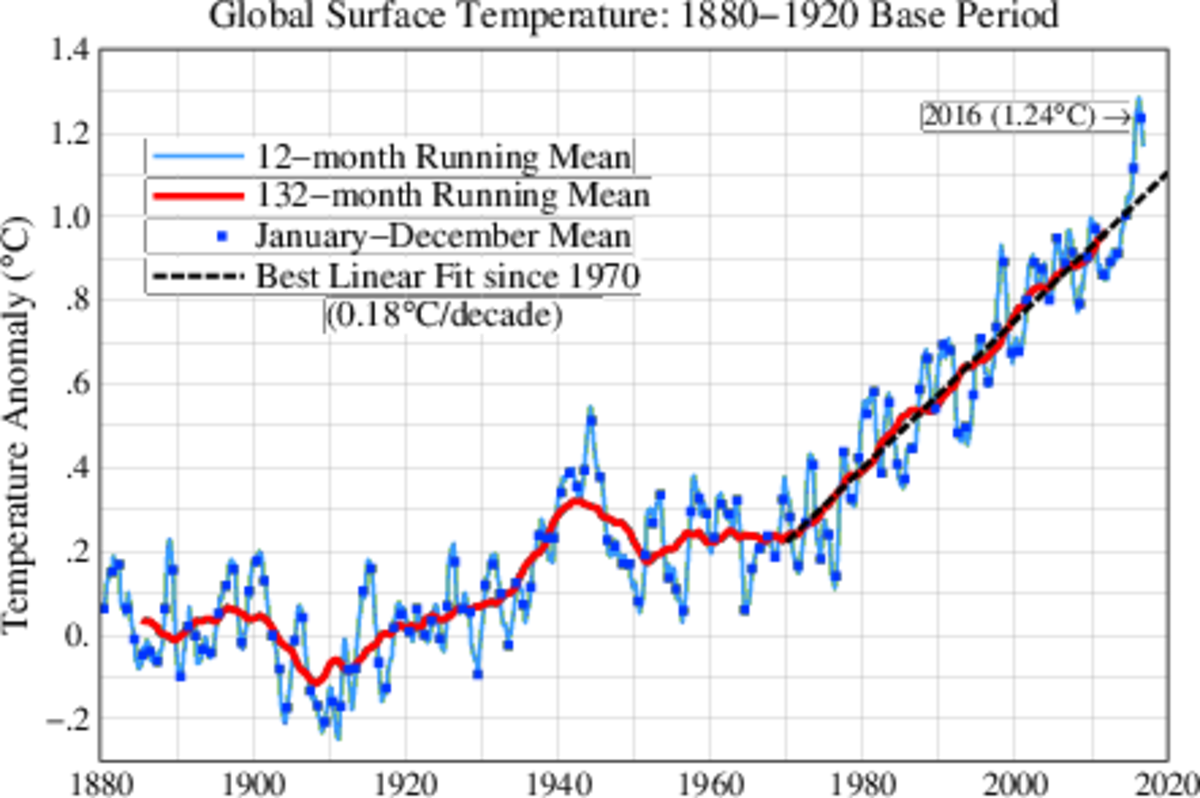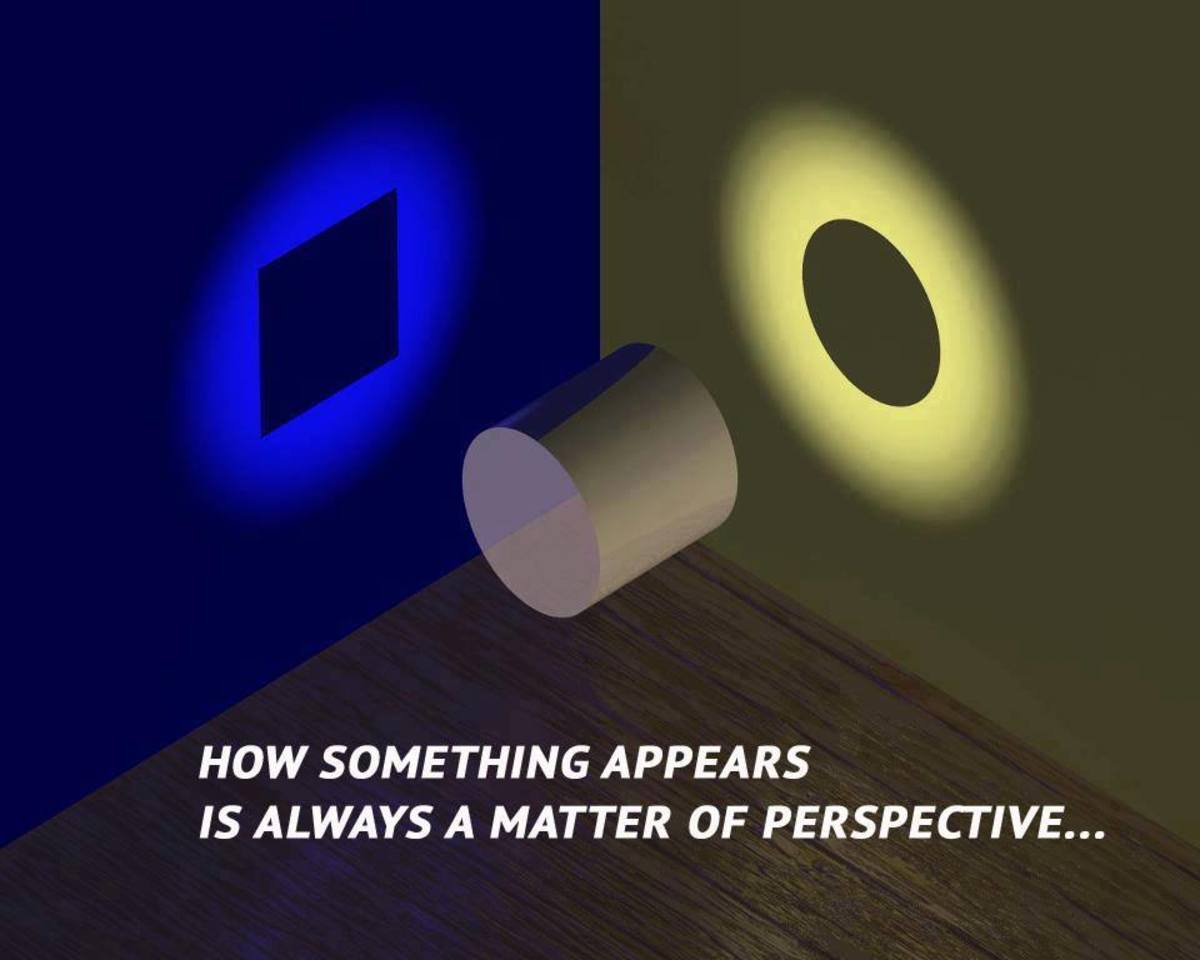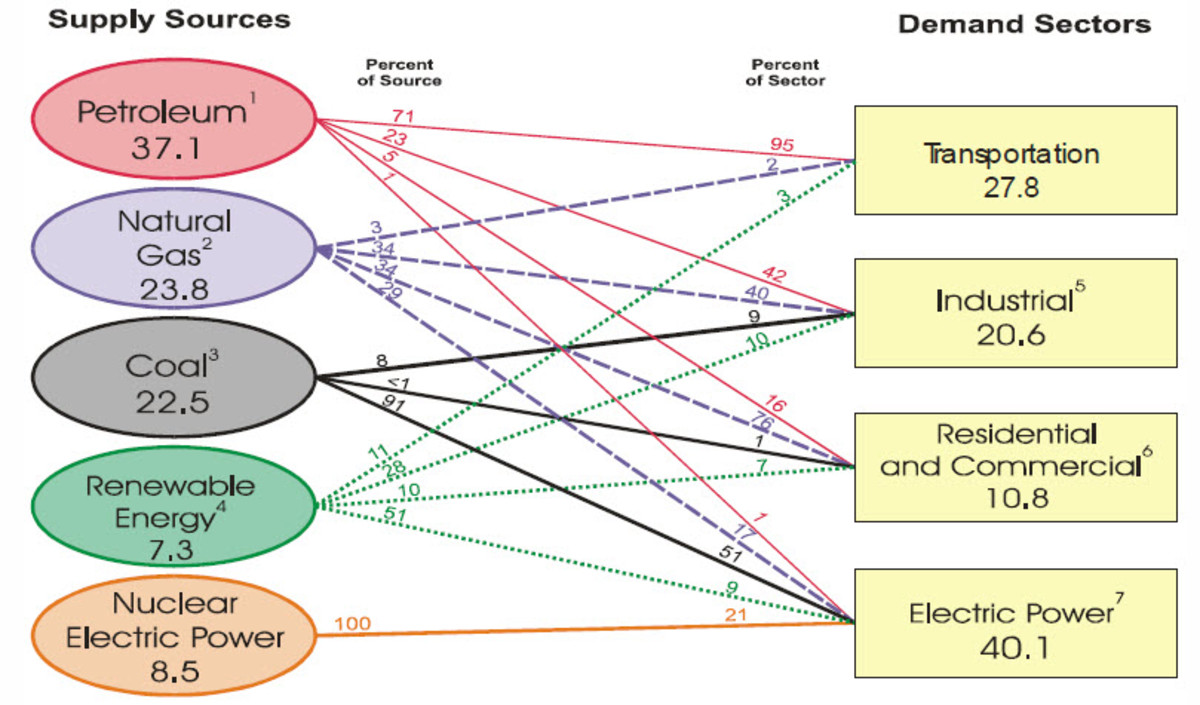Chronotechnology

Can We Make Time Work For Us?
Since the beginning of, well, time, or at least since the beginning of mankind's awareness of this wholly separate dimension of movement, humans have yearned to harness it. (think about it- you're constantly moving forward in time, so theoretically, it should be possible to, someday, move not only backwards in time, but sideways as well. Think alternate realities; that's where things get really strange and, needless to say, really theoretical.) But why the obsession? Just think of all the benefits, the most basic of which would be the ability to fix your past mistakes, catch a glimpse of the future, or convince the flow of time in the present to slow down just enough to make that perfect moment last as long as it needs to. With mature Chronotechnology, matter could theoretically be pushed out of phase with reality, making it invisible and insubstantial, and giving a whole new meaning to stealth as people or objects seem to disappear entirely, even in a material sense (i.e. your hand would pass right through it.) archaeologists and anthropologists would suddenly have an entirely different role in the scientific community, more akin to explorers and masters of disguise than instructors or dig supervisors, and given the ability to witness critical events in the vast geological history of not just our planet, but our sun, our solar system, our galaxy and even our universe first hand, we would suddenly discover that we have a veritable treasure trove of information at our fingertips that could irrevocably change, or at the very least, refine our understanding of almost everything we currently hold to be true across countless disciplines (science, history, theology, you name it!) perhaps even allowing us to finally answer many of the most mysterious questions that have plagued our species for thousands of years.
Now, I know what most of you are thinking: "Time travel? That's even more hokey and ridiculous than Transporters!" and ten years ago, most scientists (and even I) probably would have agreed with you (wholeheartedly even!) but advances in our understanding of physics, and more importantly, genuine leaps in our understanding of quantum physics, have allowed us to look at this potentially revolutionary technology in a whole new light, one that really starts to take the fiction out of the traditionally Science Fiction concept of Time Travel.

But, it's not exactly right around the corner, either; with Quantum Teleportation (AKA Q-teleportation, thanks to Quantum Entanglement - essentially the transmission of a "state" of matter; a team of Austrailian scientists successfully achieved this in the form of teleporting an honest to goodness laser beam back in 2002) a currently viable technology (though not an incredibly useful one, at least not yet,) scientists have begun taking a second look at the possibility of sending matter through time instead of (just?) space. Of course, we're looking at something that would probably require the total power output of our sun -at least, that's what is currently being suggested- in order to do anything even remotely spectacular, but it's still a long ways from the old idea of "If time travel is even possible, which it is most likely not, it would require you to drag a planet roughly the size of Jupiter into a black hole" which sounds more like a folk remedy for warts than a reasonable attempt at scientific theory. If ten years can make that much difference in how we understand physics, quantum physics, and essentially the concept of time travel itself, who knows where we'll be in another ten years.
And it really is that promising; theoretical physicist Michio Kaku of the City University of New York was only too happy to state, in his interview with Scientific American, that "Originally, the burden of proof was on physicists to prove that time travel was possible. Now the burden of proof is on physicists to prove there must be a law forbidding time travel." That's a pretty profound statement, and it's pretty typical of the sentiment currently shared by the scientific community at large. With ideas like this shaking the foundations of our understanding of physics, I'm sure Einstein is turning over in his grave, with no sign of a restful sleep anytime soon. (I mean, think about it- if time can be manipulated, controlled, and bent to the will of the human race, perhaps we can also achieve Faster-Than-Light travel or, in a more humourous example, discover that, contrary to the great scientist's famous quote, perhaps God does, in fact, play dice.
But with every new and potentially revolutionary technology comes great responsibility (and a host of moral dilemmas that protesters and media spinsters are just waiting to sink their teeth into.) With the ability to alter the flow of time, even on an atomic level, we will be forced to consider the implications of most, if not all of our actions. Does pushing an atom back in time half a second interrupt the original process of doing so, therefore proving to the scientist that it can't be done, simply because every time he has attempted it, it has failed (and for the same reason?) Does randomly pushing atoms out of phase with reality constitute a risk to our past, or are we safeguarded against the potentially serious danger of temporal contamination until we start working with, say, objects that can actually be seen with the naked eye? With future improvements, making trips to the past or the future as easy as a trip to another country, what kind of guidelines will need to be put in place? We can't just let whole herds of tourists (complete with a spouse, two kids, a camera, and a dog!) swarm unchecked into 14th century Europe, snapping pictures of the peasants and royalty alike, buying up everything within reach at the marketplace, or teaching the locals tricks, modern slang terms, and dirty limericks! And what about bringing people back to ‘our' present? Is it okay to bring someone from the future to the present day and wrong to bring someone from the past foward, or vice versa? Will there be laws against both? What about the risk of exposure to diseases long since wiped out? Will the advent of Time Travel (in the classic sense) mean a sudden epidemic of smallpox, polio, and tuberculosis? Even with laws and a resurgence in vaccines, what's to stop a person infected with a disease from the present or future to accidently cause a devastating epidemic in say, the 12th century B.C.? These and a thousand more questions, at one time raised only by writers and filmmakers, will doubtless be on the minds of lawmakers and concerned citizens the world over as soon as this technology becomes viable.
And so we come back to our original question: is Time really something we can manipulate? Can it be harnessed and bent to our will, allowing us to access alternate realities, dimensions, and universes, to make instantaneous transportation from point A to point B a reality or create the ultimate tool in the future of espionage? Not with our current technology, (and our understanding of physics could probably use a little work too!) but who knows- with Quantum Physics gaining support and being acknowledged as a different, yet very accurate way of looking at the structure and as-yet mysterious workings of the universe, who knows what the future will bring! Once, humans were convinced that not only was the world flat, but that the sun revolved around the earth, and mankind would never manage to break the sound barrier but, in each of these cases, we know otherwise now. Who knows, maybe someday humans will look back and laugh at how backward we were, wondering at how we could live such primitive, slow, and boring lives in the years before mankind "woke up" and discovered just how to harness the power of time.






